Blog
IADMS 2018 Helsinki: Interview with 'A Day For Teachers' Speaker - Nico Kolokythas
...11+ Dance is a protocol with specified progressions and regressions of the exercises depending on the abilities of the dancers, therefore can be replicated. The results indicate some physiological responses and there is also an indication of a decrease in the injury incidence. 11+ Dance, however, needs to be investigated further as the picture is not complete yet. We need longitudinal studies in order to be able to assess the effectiveness of the intervention.
Read ArticleIADMS 2018 Helsinki: Interview with Invited Speaker - Carolina Baeza
My presentation will focus on psychological/psychiatric aspects associated to joint hypermobility and hypermobility related disorders.
Read ArticleIADMS 2018 Helsinki: Interview with Invited Speaker - Fay Nenander
Within the framework of the ‘Macro-perspectives on dance teaching’ my theme – the importance of mental training and life-style skills – will hopefully help to illuminate the significance of giving the student dancer the necessary skills for acquisition of the “mind-set” needed by a successful professional dancer. This includes both mental training and life-style skills. However, I shall emphasize that this is not just important for the student dancer, but for all dancers.
Read ArticleBreath: A Back-To-School Basic
Author: Jennifer Deckert on behalf of the IADMS Dance Educators' Committee
.. During this time of re-acclimation, particularly at Wyoming altitude, I often spend several classes re-connecting to the breath in order to provide a much needed ‘reset’ and reminder of the role of breathing in our dance practice. Breath is the only controllable aspect of our autonomic nervous system which includes the sympathetic or “fight or flight” and the parasympathetic or “rest-and-digest”. Breath awareness provides the ability to move between these two states in a balanced and effective manner, allowing the dancer to be powerful and relaxed, strong and steady, connected and focused.
Read ArticleIADMS 2018 Helsinki: Interview with Invited Speaker - Jari Salo
My presentation “Imaging the dancer” on Saturday introduces a cutting edge imaging technology for accurate diagnostics of knee / foot and ankle area. Cone beam CT (CBCT) imaging is the first 3D technology with ultra high 0,2mm isotropic resolution, and with a possibility to have imaging done under real weight bearing. With intra-articular contrast media, virtual arthroscopy and proper imaging of even thin cartilage layers of knee or TC-joint is possible.
Read ArticleHow effective is Pilates as an additional training program for dancers?
Author: Christine S. Bergeron on behalf of the IADMS Dance Educators’ Committee
As an active Pilates and dance instructor for over 18 years, I can see the connection and similarity between dance technique and Pilates. Some of the similarities include the focus on body alignment, core engagement, pelvic placement, full body engagement, concentration, and precision. It seems, as a community, we have accepted Pilates as a leading supplemental training method among dancers.
Read ArticleIADMS 2018 Helsinki: Interview with Invited Speaker - Yiannis Koutedakis
We are happy to introduce Yiannis Koutedakis, a name those in the dance medicine and science field will recognize as having published some of the seminal work on dance science! We are looking forward to what I'm sure will be a phenomenal keynote lecture this October in Helsinki!
Read ArticleIADMS 2018 Helsinki: Interview with Invited Speaker - Camilla Knight
Throughout August and September, we will be publishing interviews with some of our invited speakers for #IADMS2018 in Helsinki. Check out our first interview with Camilla Knight!
Read ArticleDance Teacher Resources and A Day for Teachers 2018
Author: Gemma Harman on behalf of the IADMS Dance Educators’ Committee
With the next annual conference in Helsinki fast approaching, it seems timely to reflect back on the Dance Educators’ Committee’s blog posts that have been shared since last year’s meeting in Houston, Texas. This year has seen a vast array of posts created by dancers, educators, researchers and clinicians on sharing the current happenings in the field of dance medicine and science specifically aimed at educators and teachers.
Read ArticleThe shoulder complex: An exploration of the scapula
Author: Martha Wiekens on behalf of the IADMS Dance Educators’ Committee
I am very excited to write this blog post introducing a brilliant new resource paper on the shoulder complex, which has been written by Lisa Donegan Shoaf and Judith Steel. The paper provides an in depth look at the shoulder complex, starting with anatomy and specific muscular force couples, then moving onto the integration into whole body movement and common dancer issues relating to the shoulder.
Read Article- IADMS 34th Annual Conference - Experience Point of View: Jennifer Milner
- IADMS 34th Annual Conference - Experience Point of View: Joanna Nicholas
- IADMS 34th Annual Conference - Experience Point of View: Erika Mayall
- Beginning ASL for Medical Students & Health Practitioners
- Relative Energy Deficiency in Dance
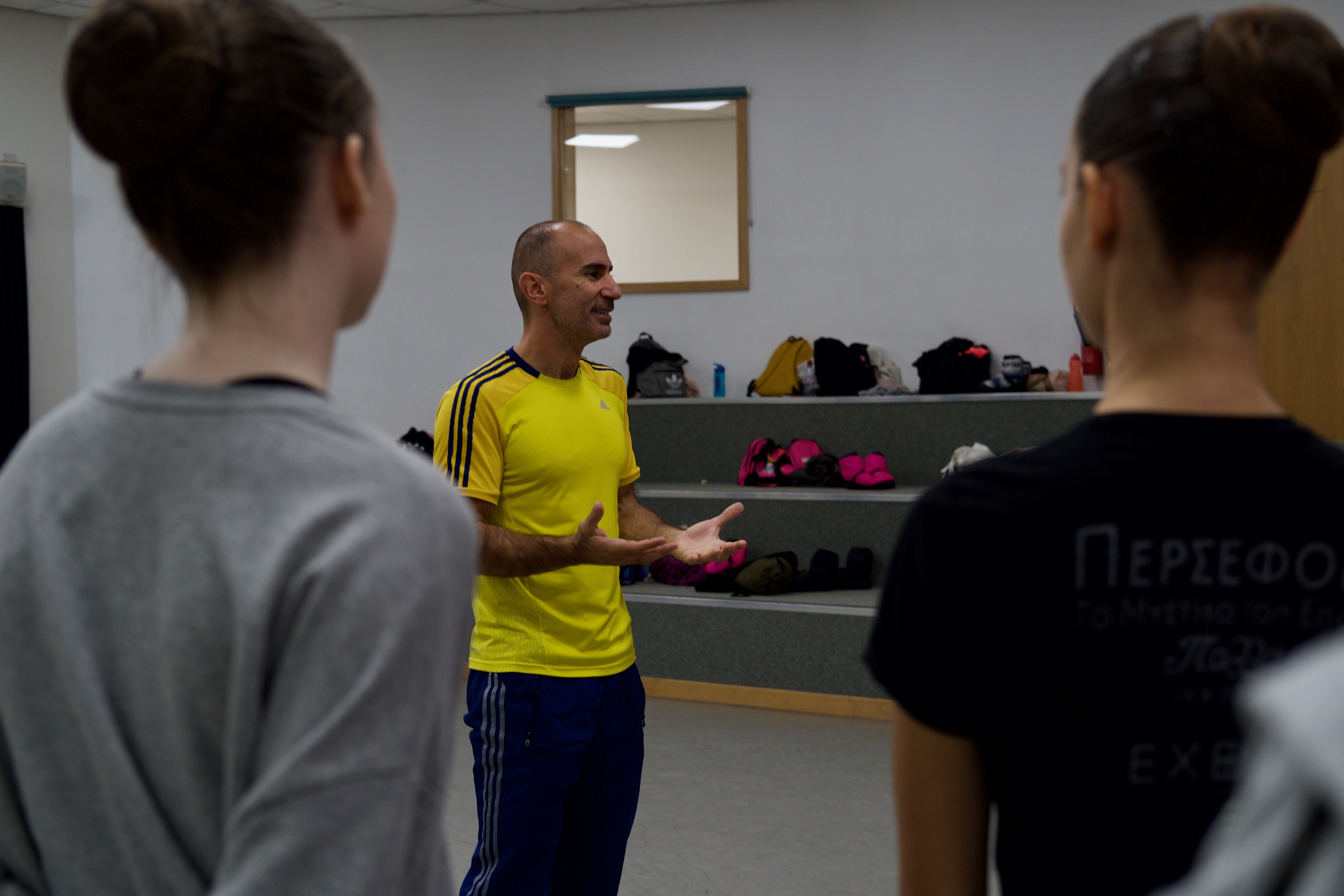

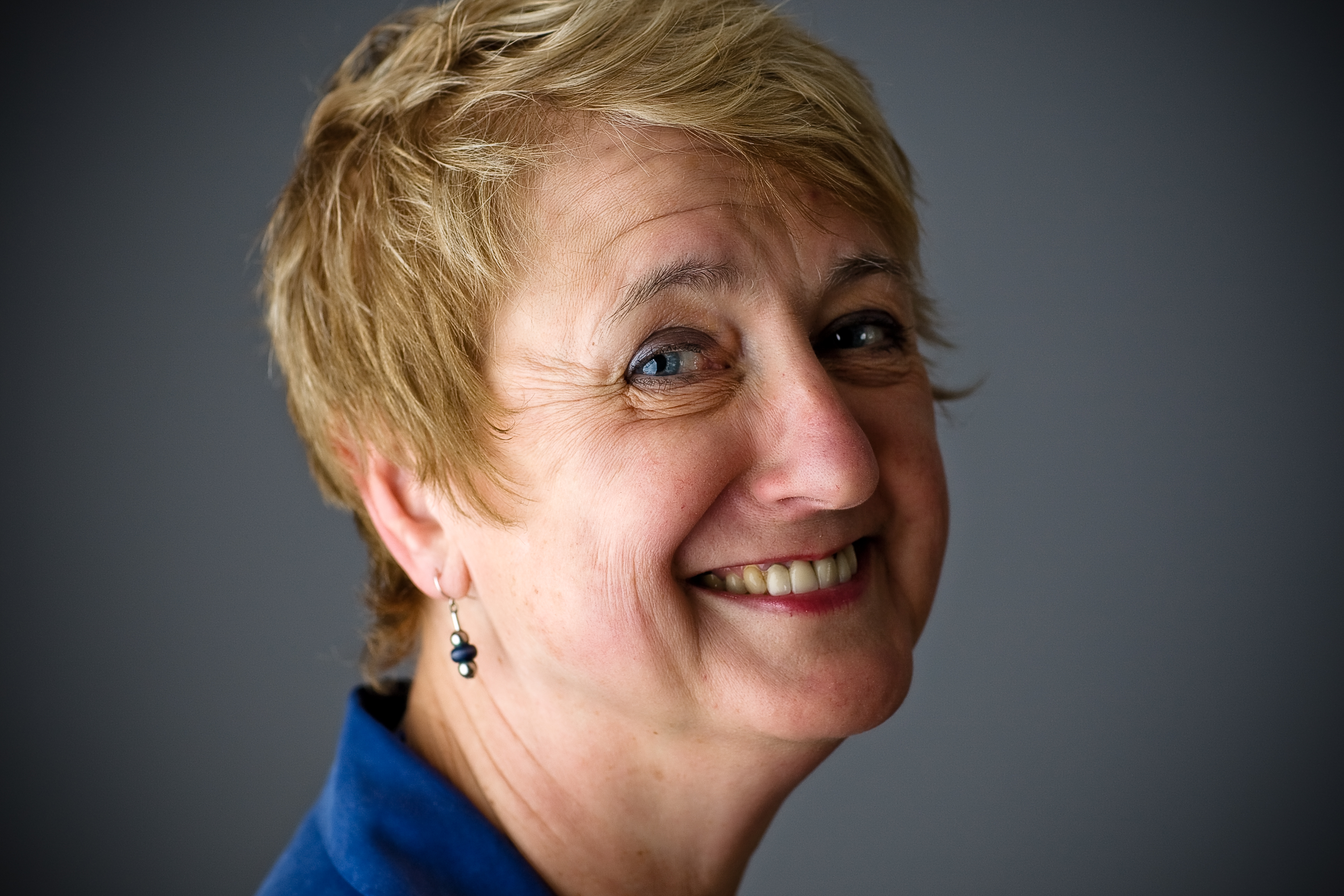
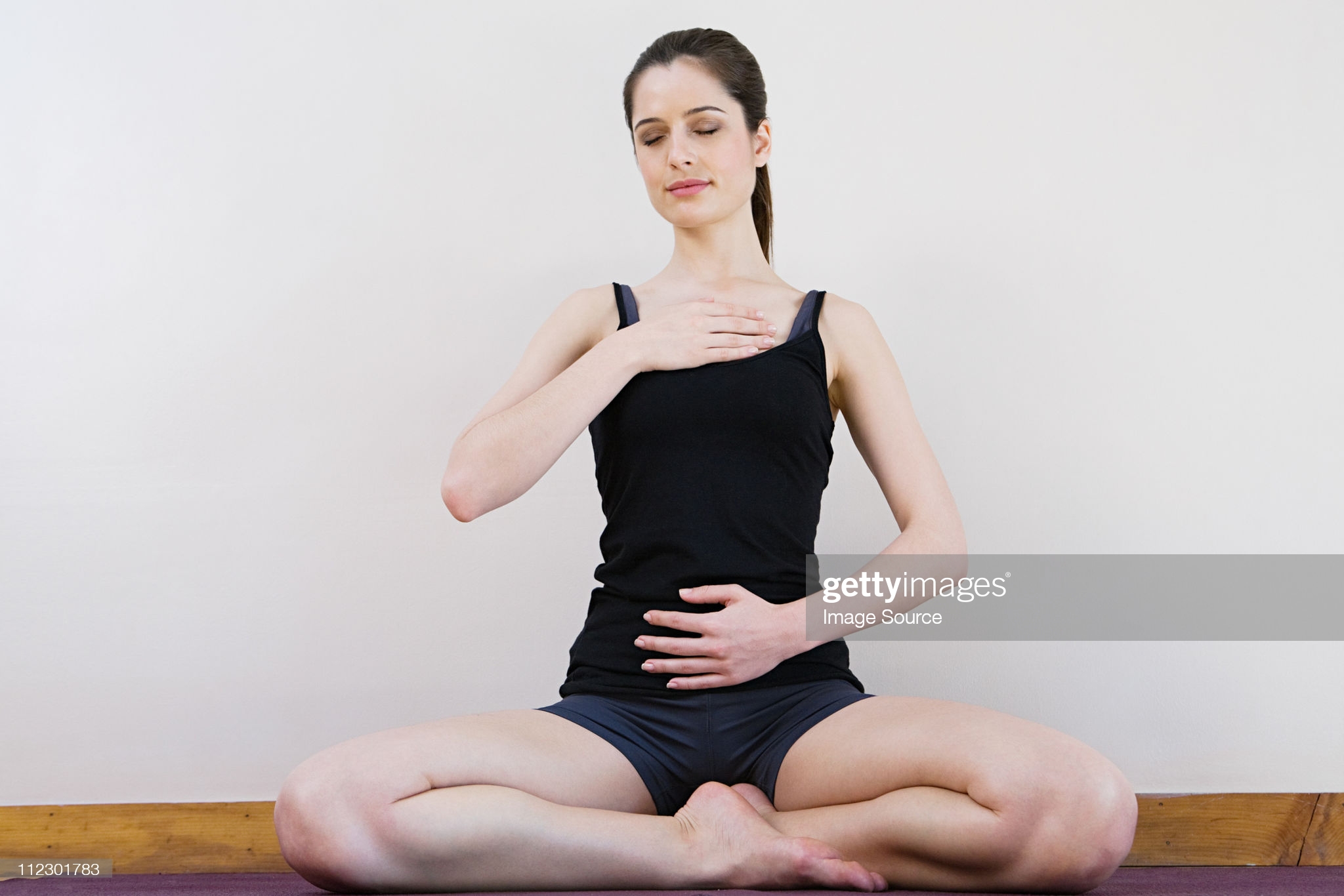

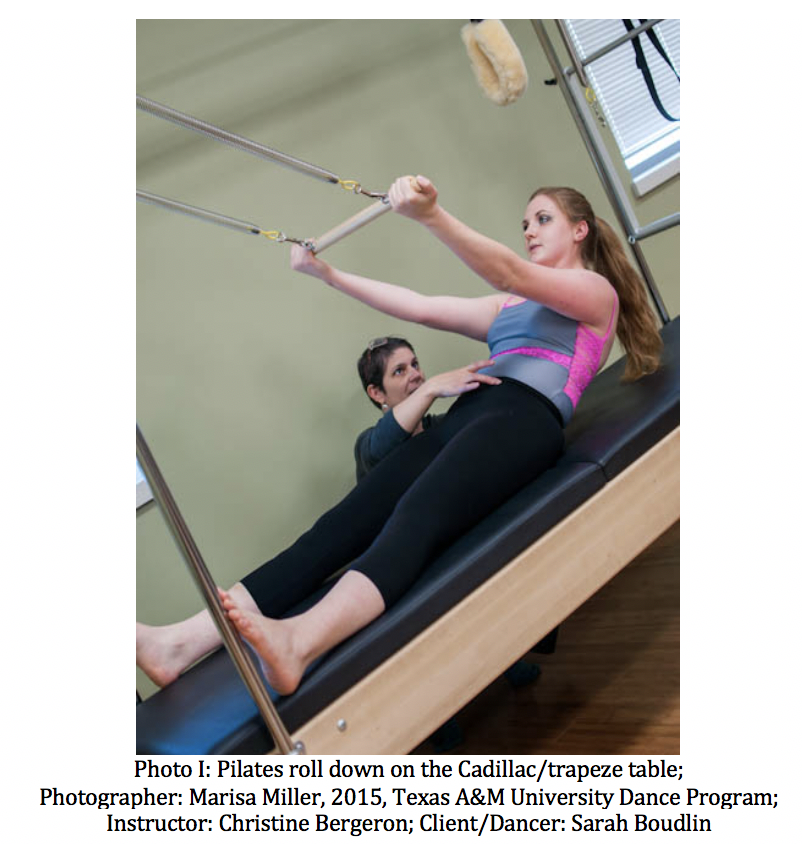
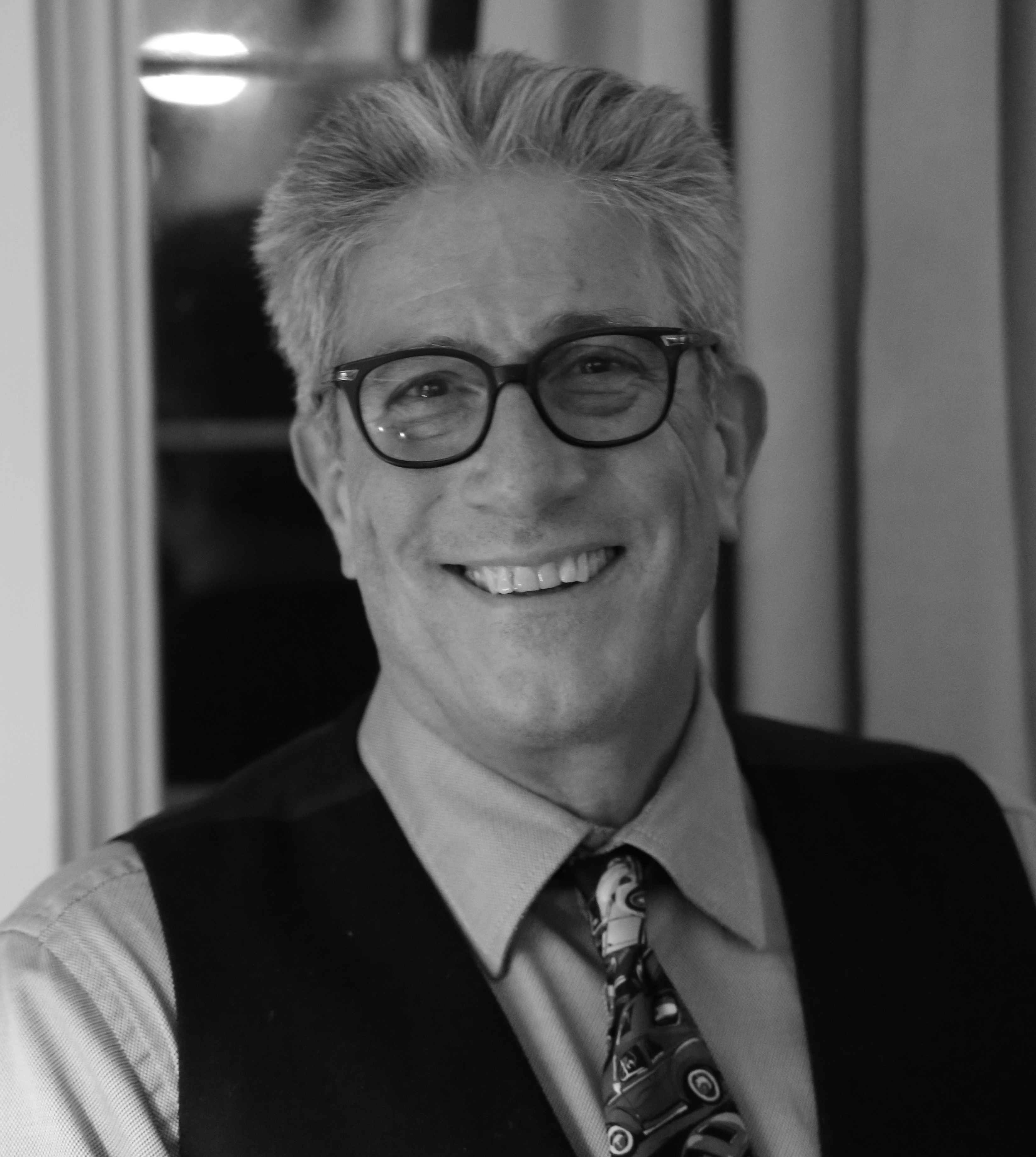


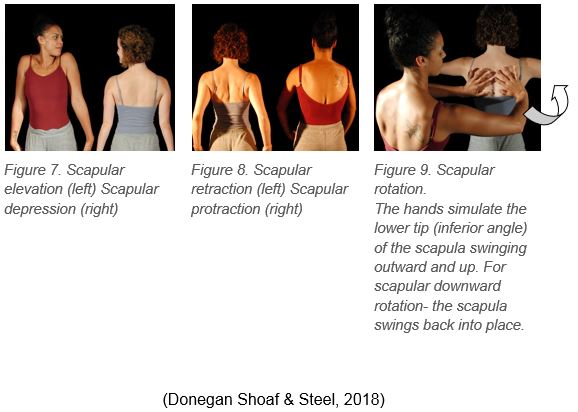
 BACK
BACK